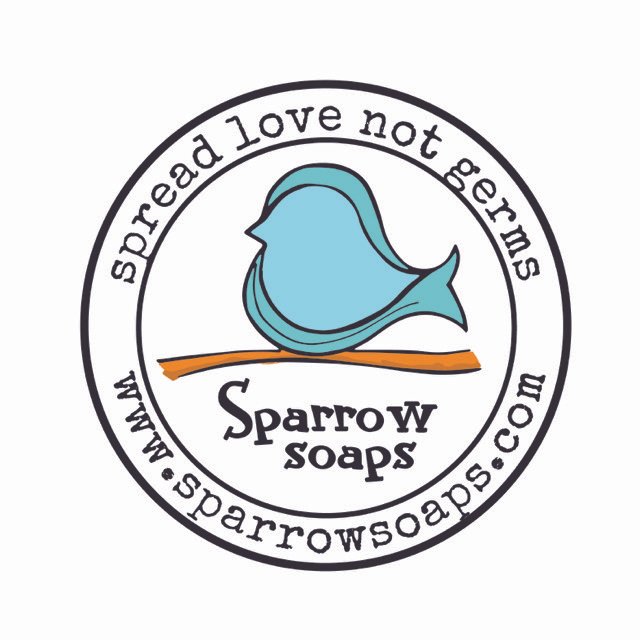It's Baby Goat Season!
When a baby is born, so is a mother.
No matter how many times we witness the births of baby goats, we are still in awe of the miracle of it all!
Late winter and early spring are a very busy time for us on the farms. Not only are we extra busy with marathon soap-making as we prepare for the market season, our mama goats are starting to give birth. We try to stagger their "due dates" over a span of a few months so we won't be overwhelmed, but even a few mamas kidding together can add eight bouncing babies to the barn in less than a week! We had that happen last week with these adorable quads joining our farm family!
Quads are not super common, but we usually have at least 1-2 sets of them each season. Nigerian Dwarf goats typically have one to three kids (baby goats) and most of the time, Lord willing, they birth with no help needed. Occasionally we have to assist if a baby didn't quite figure out how to enter the world...but with God's grace and courage/strength....we manage to get them out safely. With farming, we learn that life is fragile and not to take anything for granted. We do our best to be the best stewards to these animals that God has entrusted us to care for. We follow a schedule for their pregnancy including vitamin boosters and vaccines to protect them and their growing babies from infections and diseases. Unfortunately, even in our best efforts, there are the difficult times that babies do not survive and it breaks our hearts. But even in the sadness, we must trust that God is good all the time, and all the time He is good.
*if you would like to see a baby being born, check out Michelle's farm website, Kingdom Kids Farm, on the Nursery page. It truly is amazing to witness!
A goat's gestation (pregnancy) is typically 145-150 days. We breed our does (female goats) with our own bucks (male goats) who we feel are the best match for each other so they will produce kids who hopefully will inherit the better qualities from each parent. But no matter how they "come out"....there is no doubt that each one is ridiculously adorable.
Many people ask us what we do with all the "kids" we have! Well, to be honest, we'd love to keep them all! But we know that is not a reality (or we would end up on a Hoarders episode) and we need to remember that we need a balance in the barn. We do retain/keep one or two does that we would like to have to be the future milkers for our soap. But we also love placing our babies in homes where families are venturing into raising goats for themselves. Some are looking to embark on their own homesteading journey and these little dairy goats are perfect to supply milk for their family. Some families are looking to have some backyard pets, so our little boys are wethered (castrated) and are wonderful friendly companions. We do not sell our goats for meat, although we do respect the farmers who compassionately raise their herd for that purpose. Nigerian Dwarf goats are a dairy breed, so they are designed to have their strengths in their mammary system whereas there are specific breeds that God designed to yield three times the meat than a dairy breed. It is the same premise as dairy cows vs. meat cows.
We chose Nigerians for their high-butterfat high-quality milk. The Nigerian Dwarf, while small, can give around one-half gallon per day and there have been records of their butterfat content being as high as 10%! We have had our goats' milk tested and their butterfat recorded at 7.2%. Keep in mind that whole cow's milk is usually 3-4%. That is one of the reasons you get a nice creamy lather in our soaps. We shared the benefits of goat milk in our debut blog post.
Well we hope you enjoyed this Goat Kids 101 post, we love sharing our life on the farm with you all. Please follow us on Instagram and Facebook for daily photos!
Have a blessed day-
Feel free to share any of your goat stories or comment with any questions you might have about our goats and/or farms.


